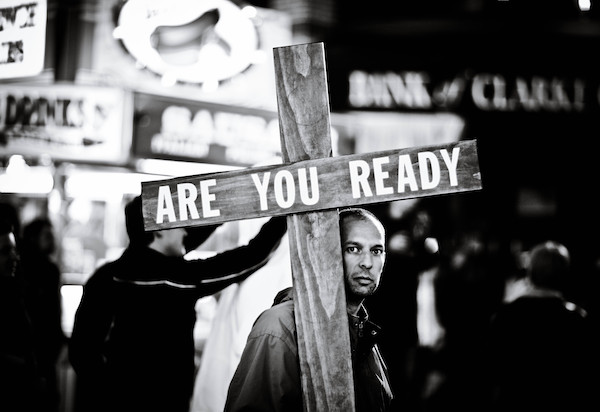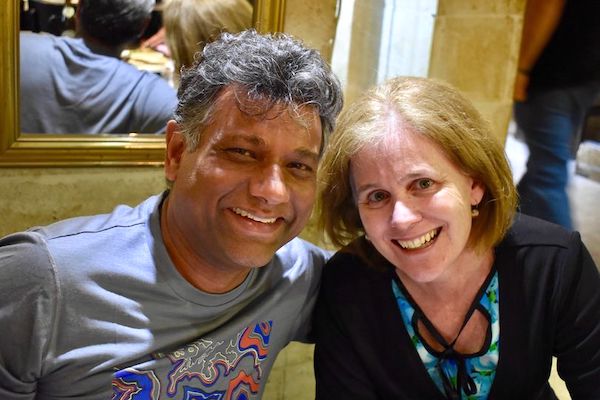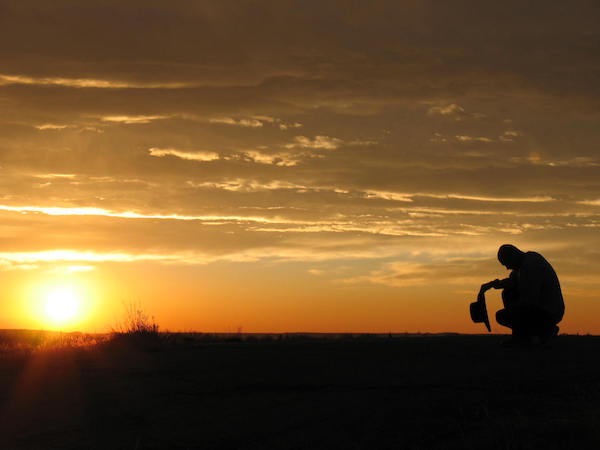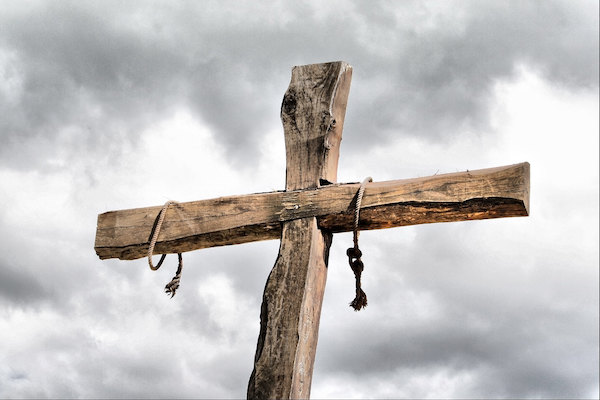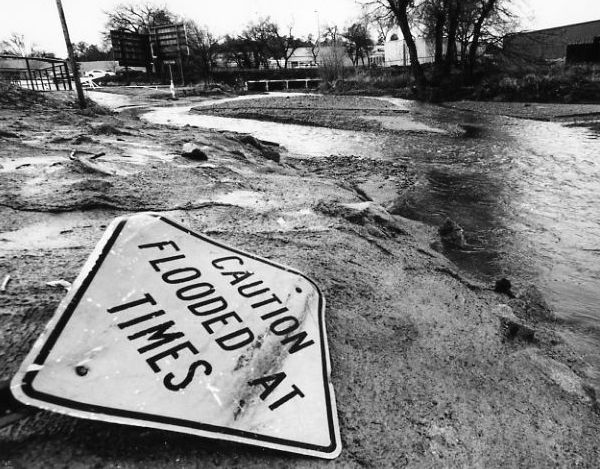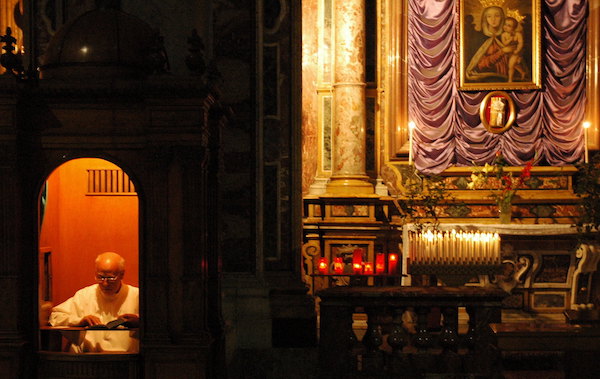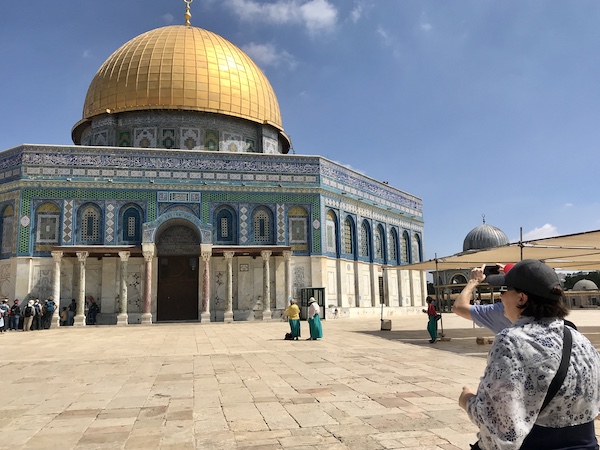Loving Mercy

What does it mean to live a life that responds properly to God’s grace?
This is a question that was asked of the prophet Micah when God’s people recognised that they were not living in a way that reflected the grace of God.
Their natural response was to perform religious acts, offering all sorts of sacrifices that they thought might please God by their commitment.
But this was God’s response through the prophet Micah:
He has shown you, O mortal, what is good. And what does the LORD require of you? To act justly and to love mercy and to walk humbly with your God. (Micah 6:8)
There were three things that they were to do to respond properly to God’s love and grace.
Firstly, they were to act justly, making sure that people were treated in a fair way, and that those who mistreated others would stop sinning.
Secondly, they were to love mercy, having a heart-felt desire for God’s steadfast, covenantal love to be known and experienced by all.
And thirdly, they were to walk humbly, or rightly, with their God, obeying his ways, and following his good commands.
God didn’t want their wealth, he wanted their worship… but not a worship that involved ritual, but a worship that involved genuine commitment to living God’s way.
It is not a recipe for how to become friends with God, but rather a way to show genuine thankfulness to God for the love he showed us when we were unlovable… enemies he saved when our hearts were far away.
When we understand God’s mercy shown to us, we will be people who love to lavish that mercy on others, especially when that mercy is not deserved.
For when we are prepared to love those who don’t deserve it, we will then show that we know what it means to know God’s grace.
JODIE McNEILL
(Photo credit: kerenzayuen via Flickr.com)

